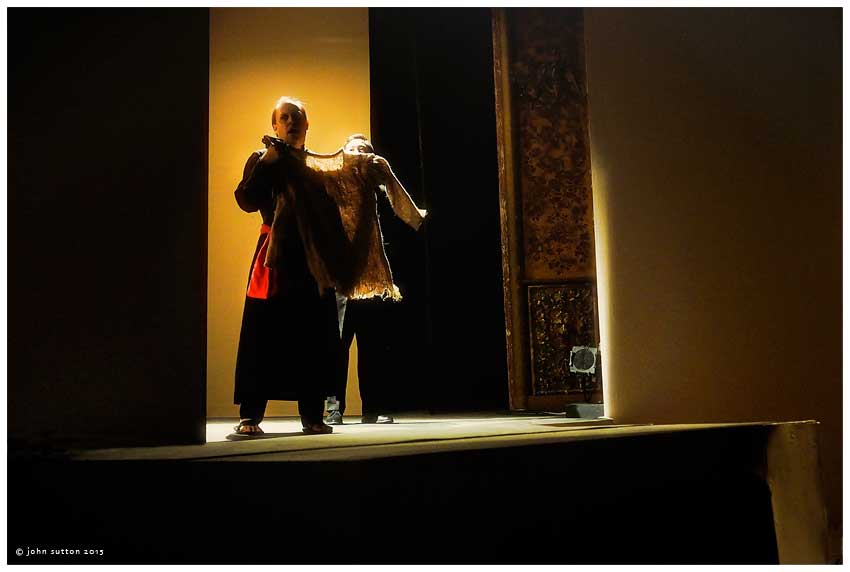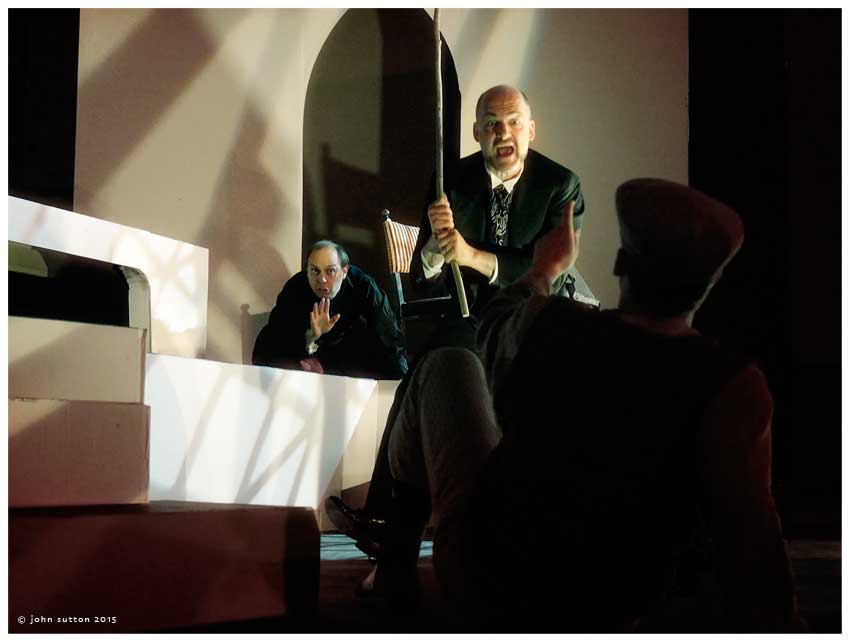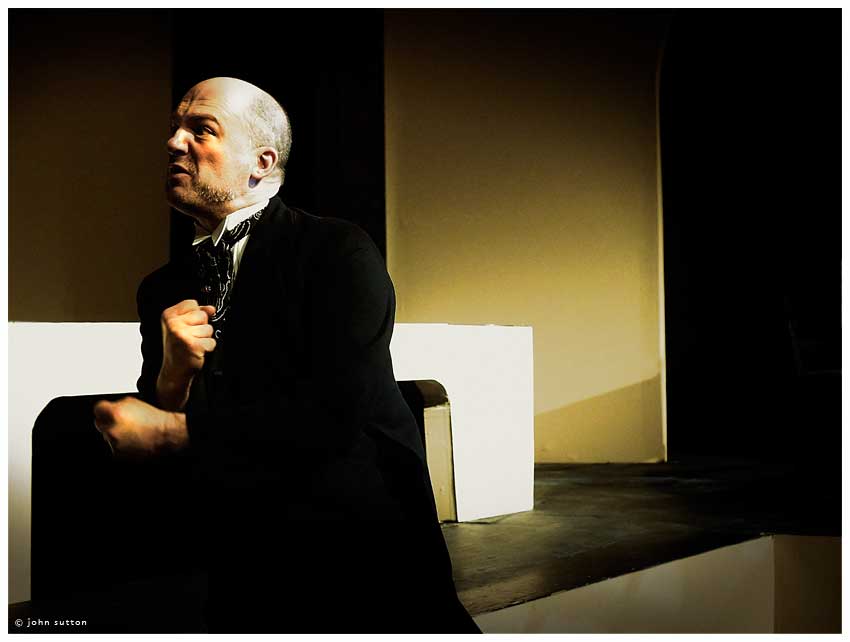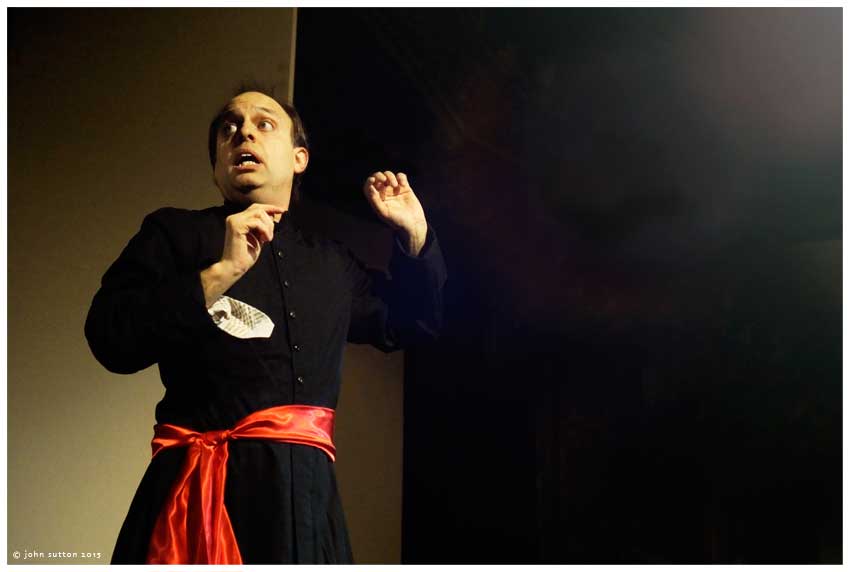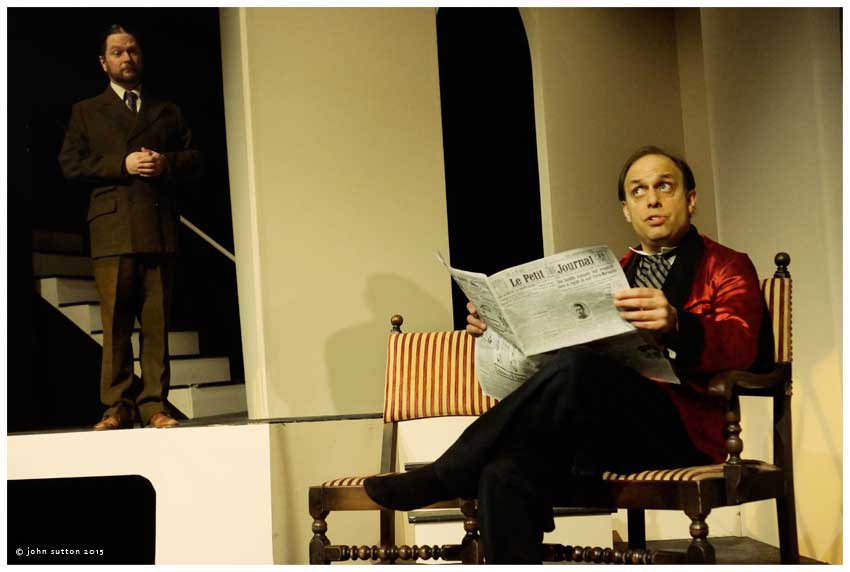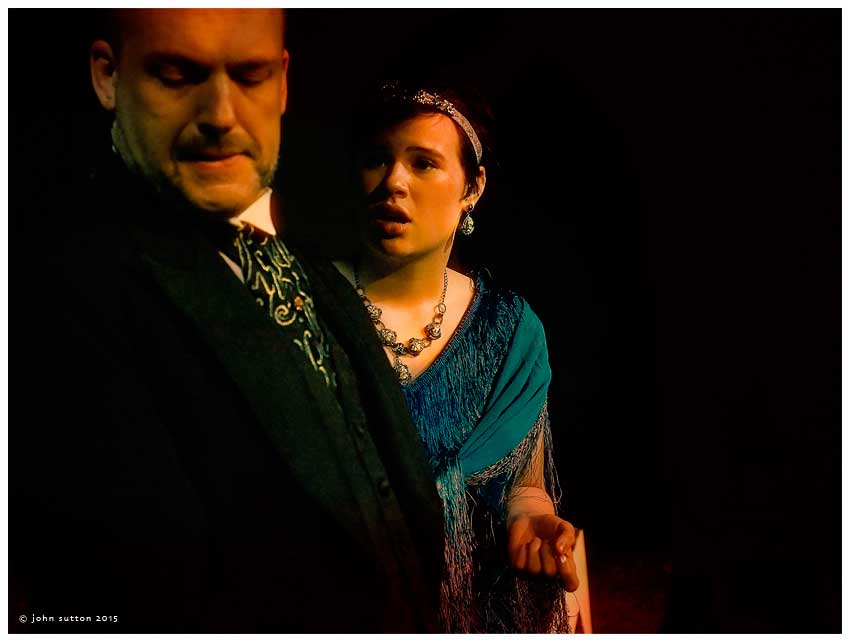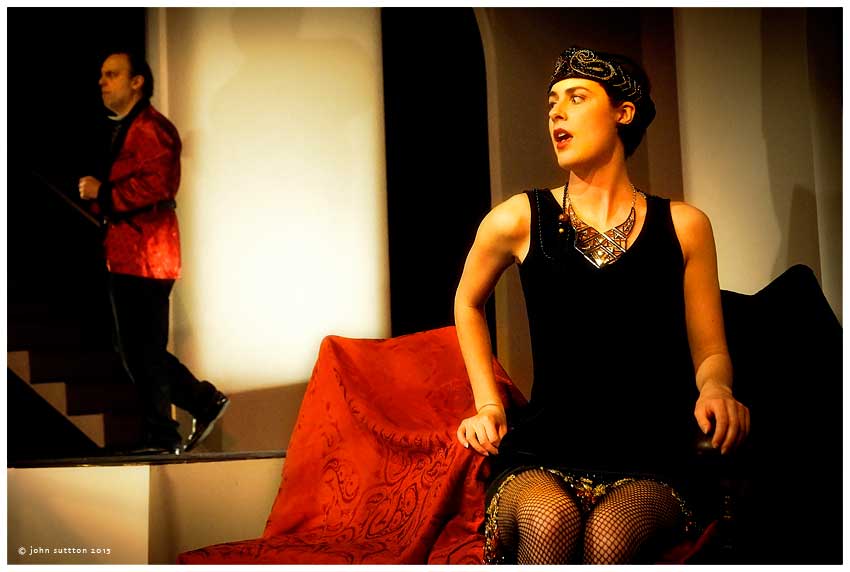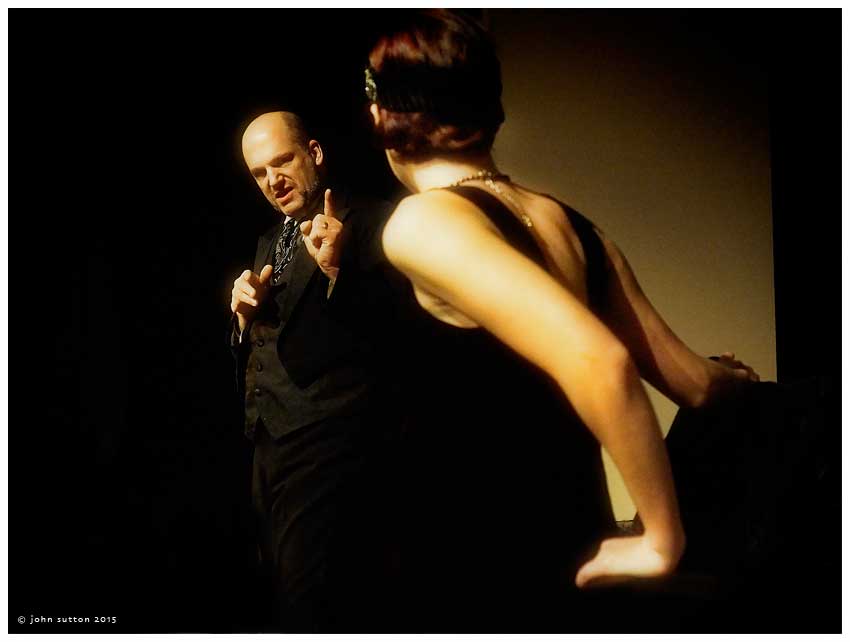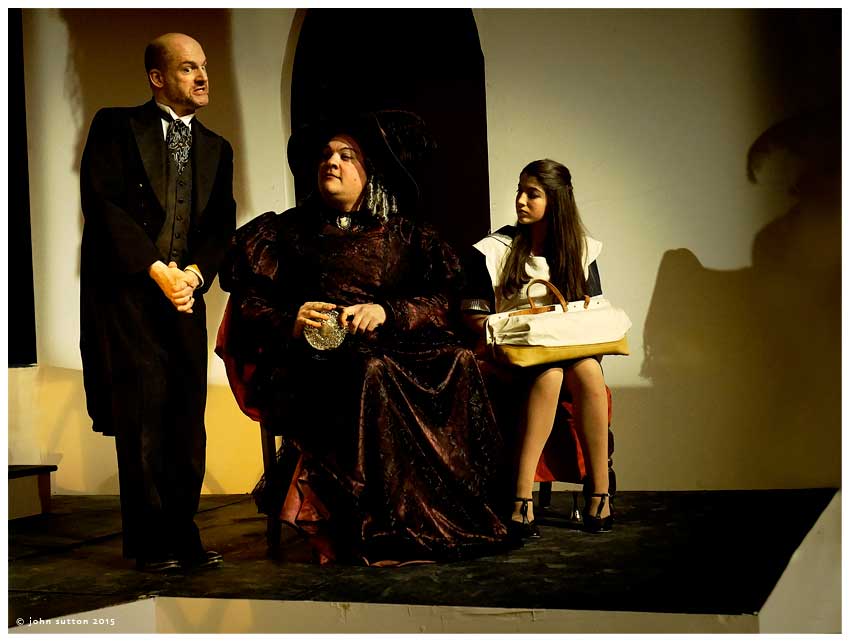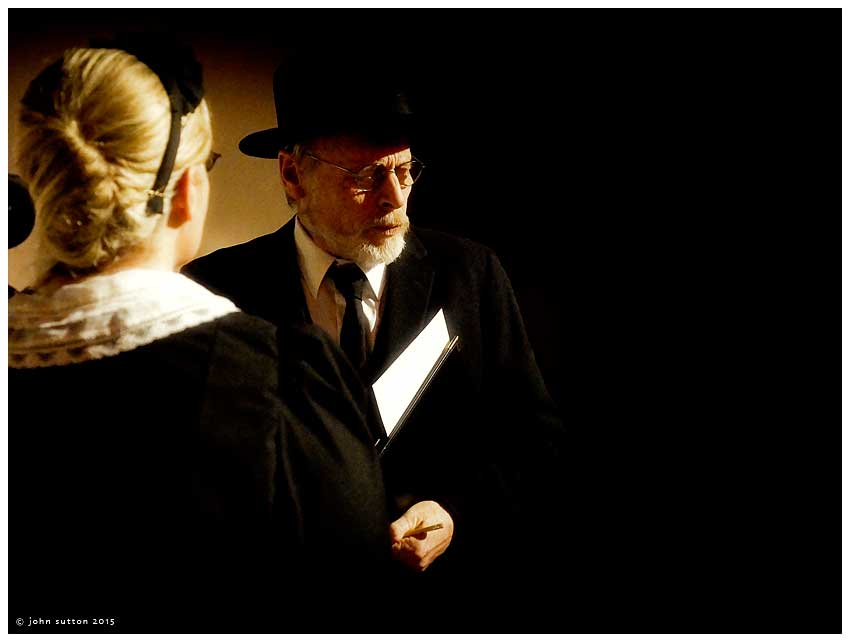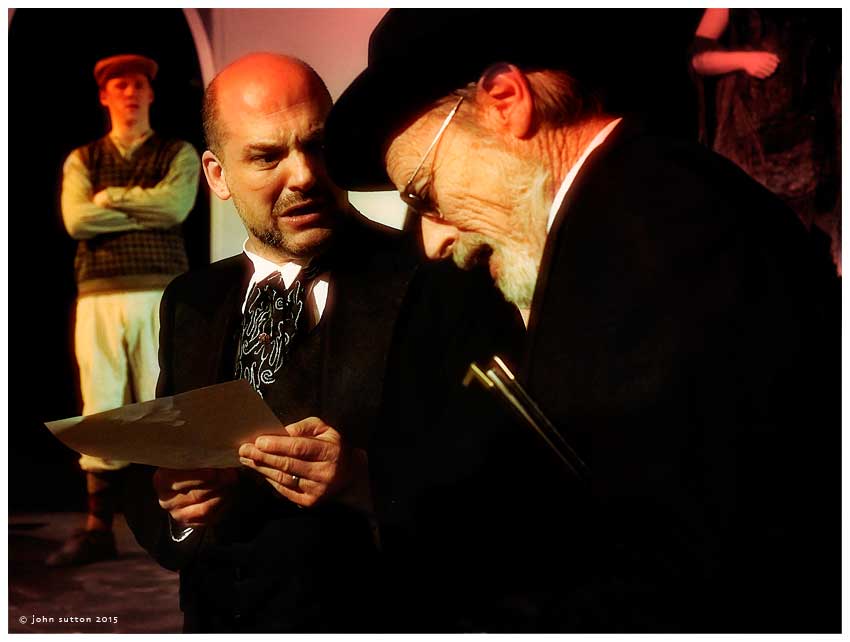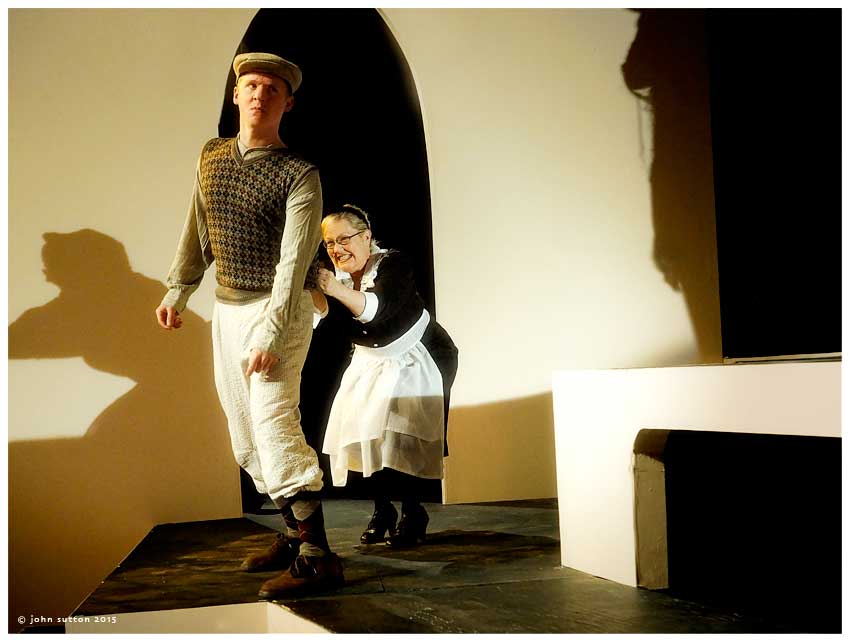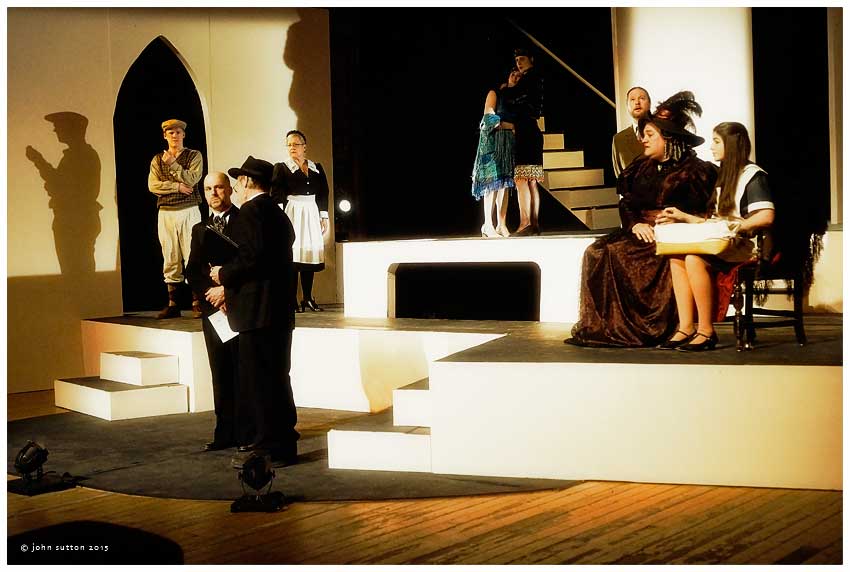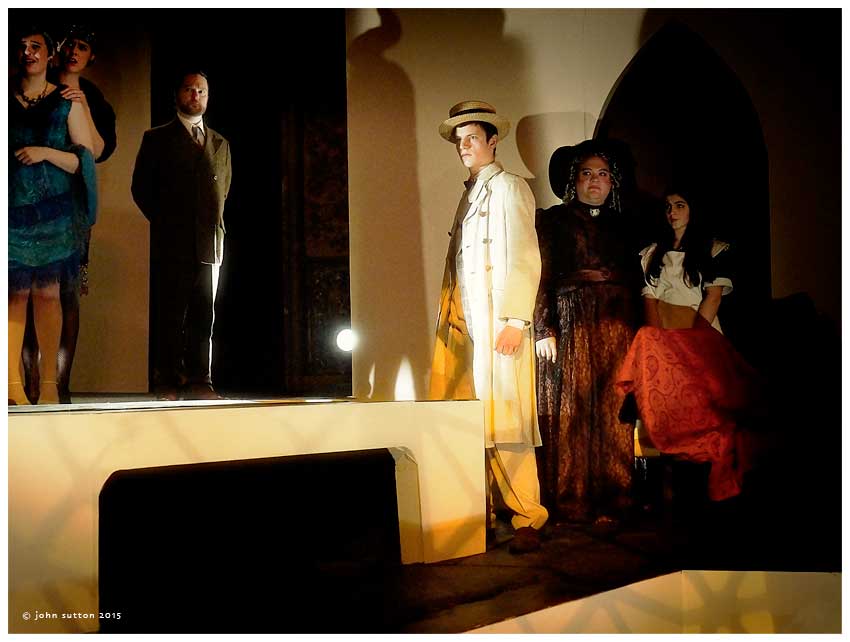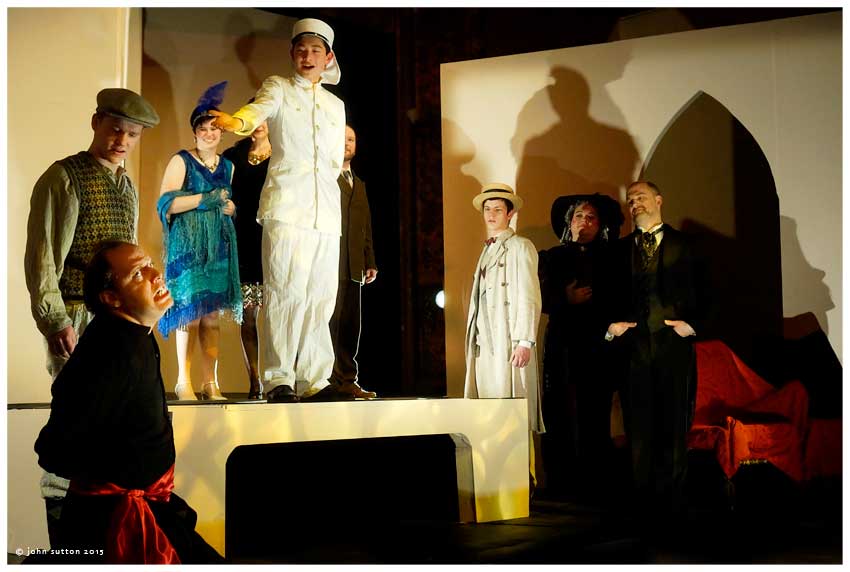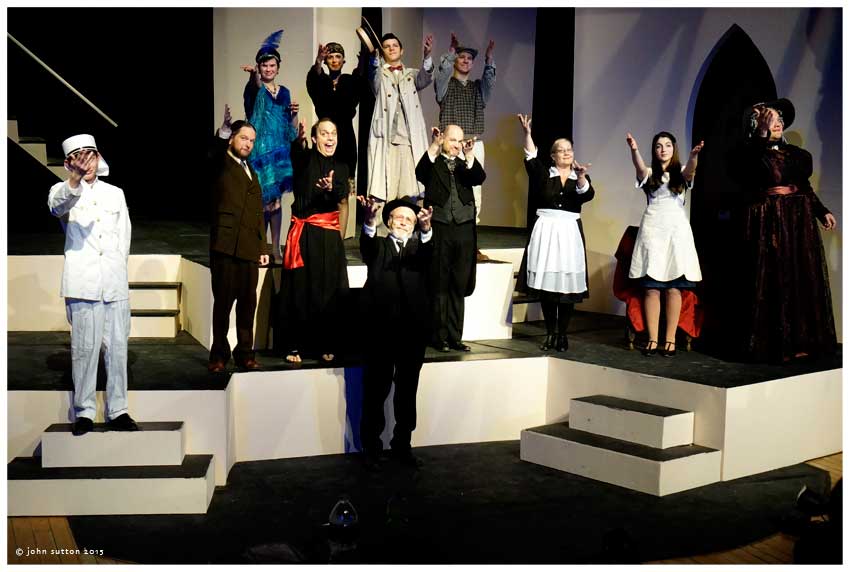“To hear him talk – and he talks all the time –
There’s nothing one can do that’s not a crime.
He rails against everything, your dear Tartuffe.”
Tartuffe, a comedy in five acts by Molière, produced in 1664 and published in French in 1669 as Le Tartuffe; ou, l’imposteur (“Tartuffe; or, The Imposter”). It was also published in English as The Imposter. Tartuffe is a sanctimonious scoundrel who, professing extreme piety, is taken into the household of Orgon, a wealthy man. Under the guise of ministering to the family’s spiritual and moral needs, he almost destroys Orgon’s family. Elmire, Orgon’s wife, sees through Tartuffe’s wicked hypocrisy and exposes him. The central theme of Tartuffe is the exploration of religious hypocrisy in contrast to true Christian virtue. Tartuffe is a hypocrite because he creates an outward appearance of extreme piety and religious devotion, while secretly leading a life of crime and immoral behavior.
Tartuffe
Artistic & Production Staff
Director: John Hadden
Set Designer: Kristoffer Ross
Lighting Designer: Calvin Herzig-Anderson
Costume Designer: Sherry Recinella
Sound Engineer: John Rosmus
Production Consultant: Janet Scurria
Props Coordinator: Gerry Cuite
Photographer: John Sutton
Stage Manager: Kate Johnson
Cast
Madame Pernelle: Peter Delocis
Orgon: Tony Pallone
Damis: Jack Boggan
Elmire: Aleda Bliss
Mariane: Delaney Smith
Valère: Digby Baker-Porazinski
Cléante: Scott Renzoni
Tartuffe: Doug Ryan
Dorine: Kim Johnson Turner
Monsieur Loyal: Benjie White
Laurent/Officer: Adam Shulman
Flipote: Audrey Roosevelt
